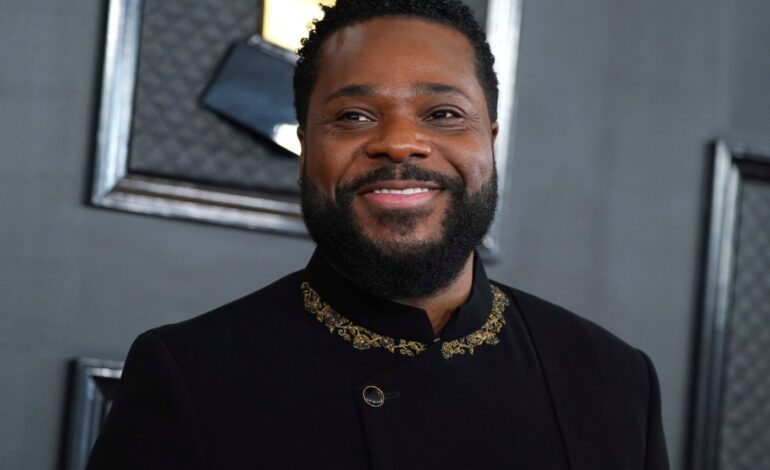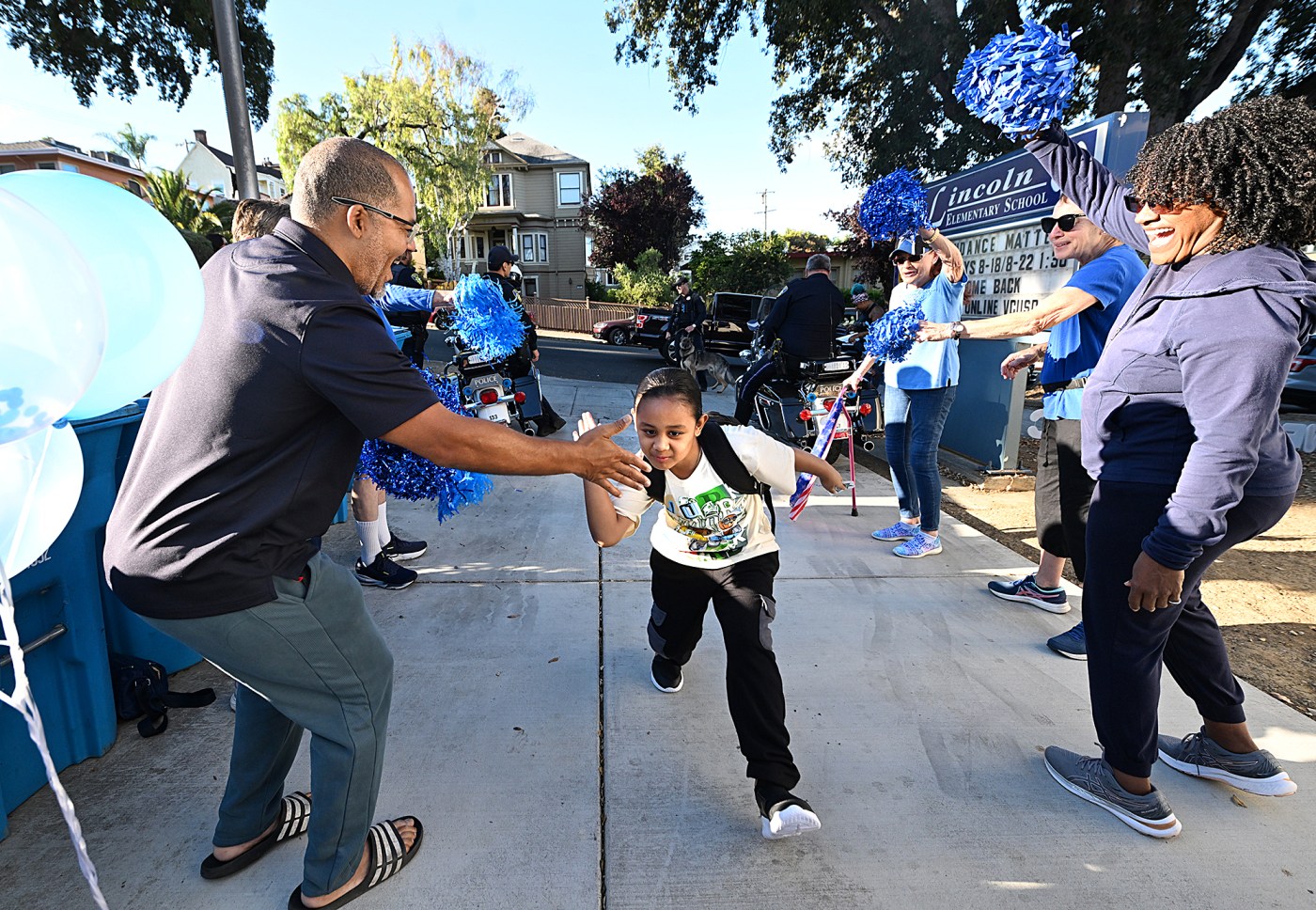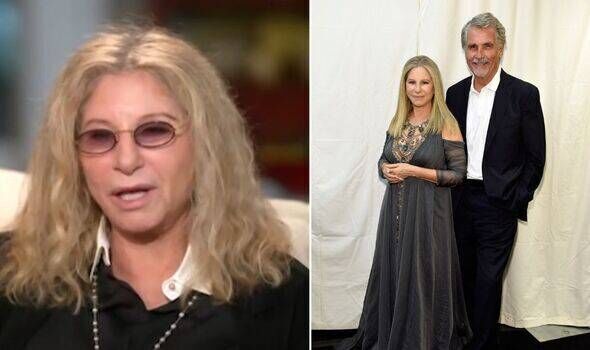Celebrating Malcolm-Jamal Warner’s Impact on Black Fatherhood

The character of Theo Huxtable, portrayed by Malcolm-Jamal Warner on “The Cosby Show,” has had a profound influence on perceptions of Black fatherhood and masculinity, particularly among young Black boys. This portrayal, which aired from 1984 to 1992, resonated deeply with many viewers who saw in Theo a reflection of their own lives and struggles.
Redefining Black Masculinity
Theo Huxtable was not an archetypal hero. He did not fight villains or embark on grand adventures; instead, he lived a relatable life filled with challenges and triumphs. For many in Black America, Theo represented a nuanced understanding of Black masculinity. Unlike the stereotypes often imposed on Black boys, he was depicted as funny, vulnerable, and complex.
Malcolm-Jamal Warner’s performance brought warmth to the character, allowing viewers to see a young Black man navigating the pressures of adolescence. He dealt with academic struggles, family dynamics, and the quest for identity—all while embodying a sense of love and support from his fictional father, Cliff Huxtable, played by Bill Cosby.
This portrayal provided a much-needed counter-narrative during a time when many Black communities faced systemic challenges. While societal structures often cast Black men in negative lights, Theo Huxtable offered a different story, highlighting the importance of love and support in fostering resilience and self-acceptance.
The Legacy of “The Cosby Show” and its Cultural Impact
“The Cosby Show” was more than just a sitcom; it served as a cultural touchstone that shaped perceptions of Black families. In an era marked by racial tension and inequality, the series showcased a loving family unit where emotional expression was encouraged. The lessons learned from Theo and Cliff were invaluable, teaching young viewers about kindness, respect, and the importance of nurturing relationships.
The character of Theo provided a blueprint for Black masculinity that contrasted with the dominant narratives often seen in media. Rather than embodying aggression or emotional detachment, Theo showed that vulnerability and tenderness are strengths. He offered young Black boys permission to express their feelings and embrace their identities fully.
While the legacy of Bill Cosby has been marred by allegations of misconduct, the core messages of “The Cosby Show” persist. The show presented a vision of Black familial joy and the potential for Black male tenderness, which remains significant in discussions about fatherhood and masculinity today.
The impact of Theo Huxtable extends beyond the screen. For many, he represented an ideal of fatherhood—a model that encouraged young Black boys to embrace their flaws and seek love and support rather than fear or aggression.
As society continues to grapple with issues surrounding racial identity and representation, the lessons imparted by characters like Theo Huxtable remain crucial. They remind us of the importance of positive role models in shaping the lives of future generations.
Malcolm-Jamal Warner’s portrayal of Theo Huxtable not only entertained but also educated. It offered a vision of what Black love could look like—silly, smart, and soulful. In a world that often imposes harsh judgments on Black men and boys, Warner’s character provided a safe space for authenticity and emotional expression.
Through this lens, we celebrate not just a character but the lasting impact of Malcolm-Jamal Warner on a generation. His contribution to the narrative of Black fatherhood continues to resonate, affirming that the most radical thing a young Black boy can do is to be himself.





